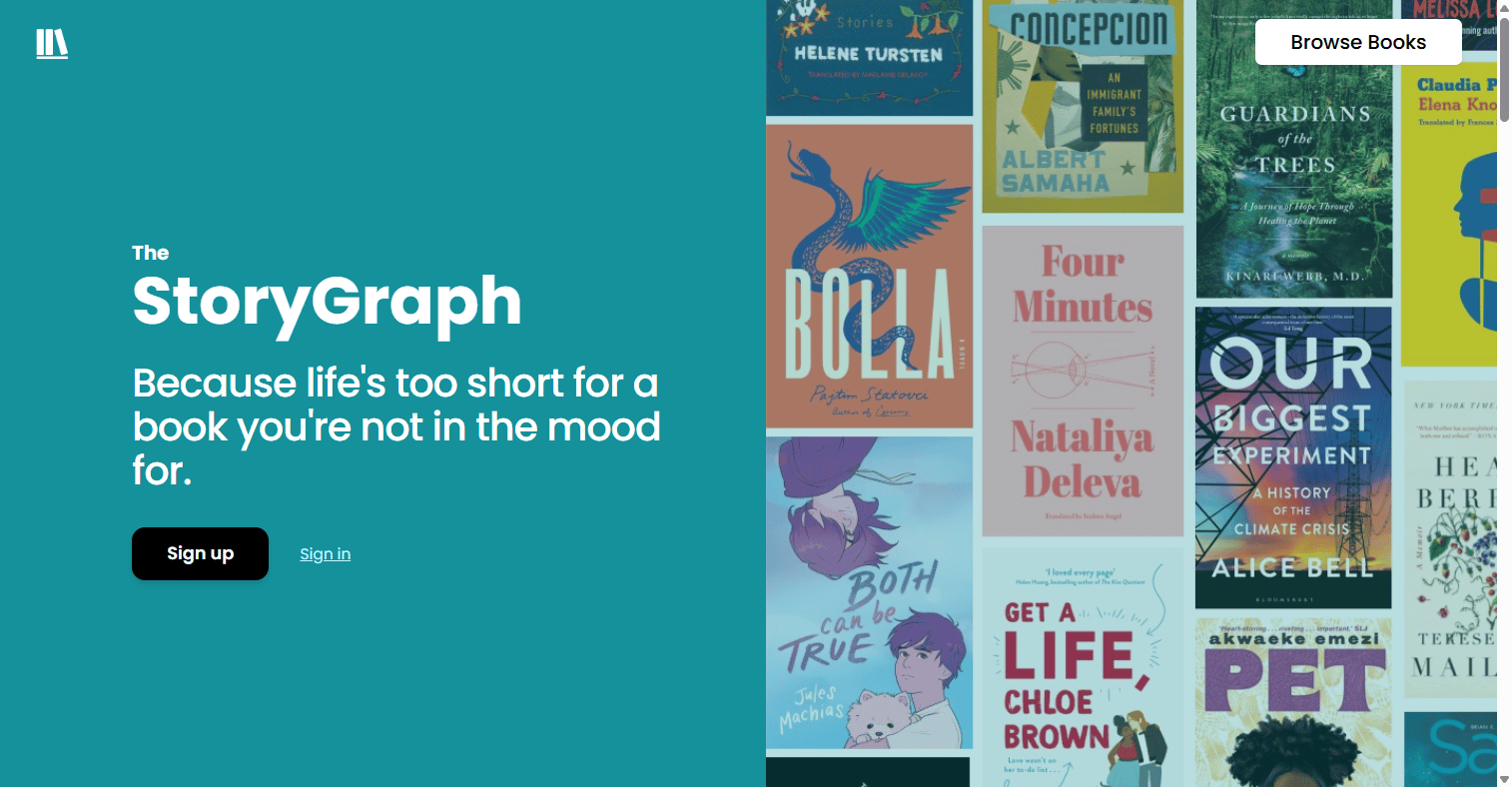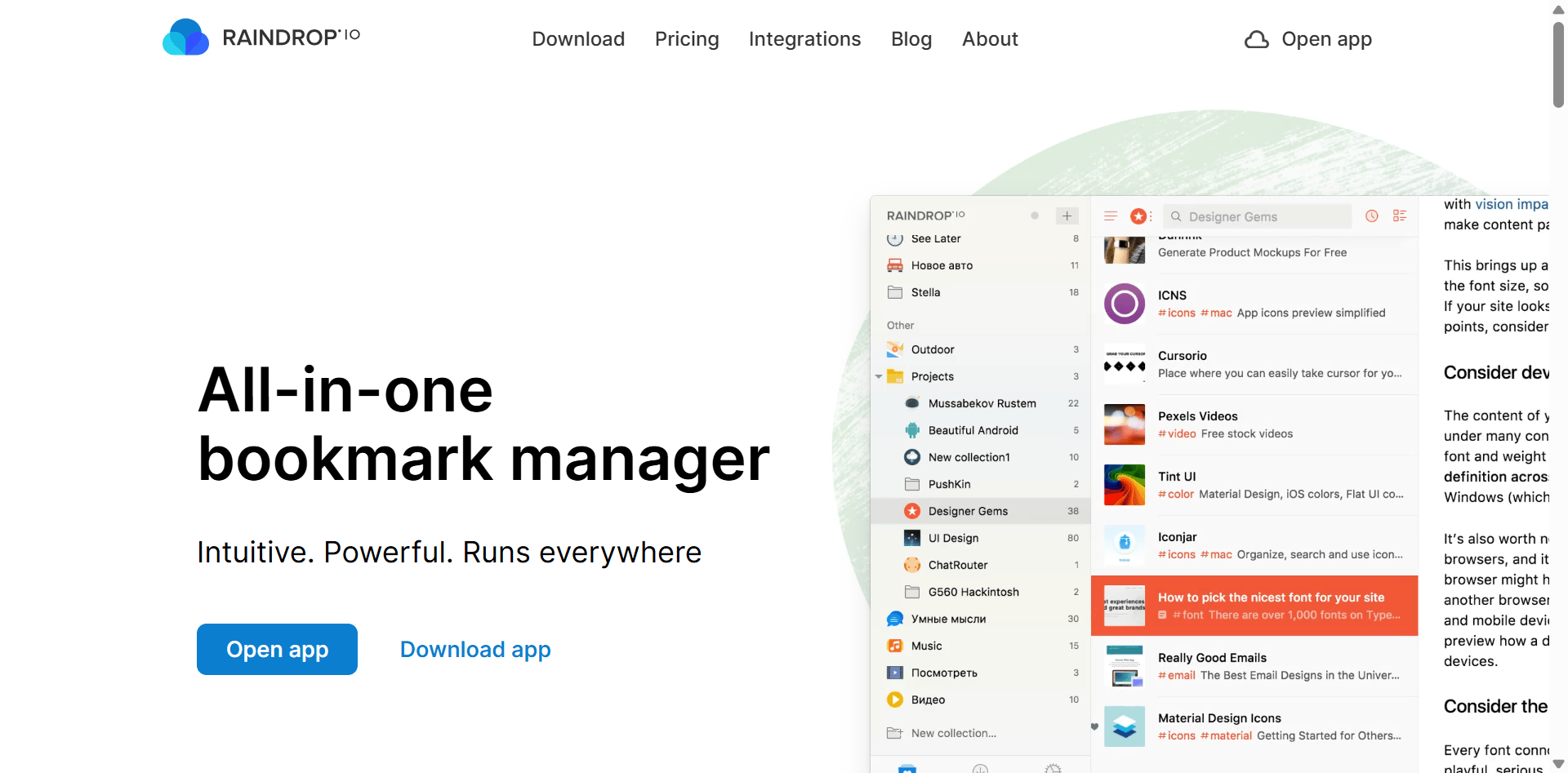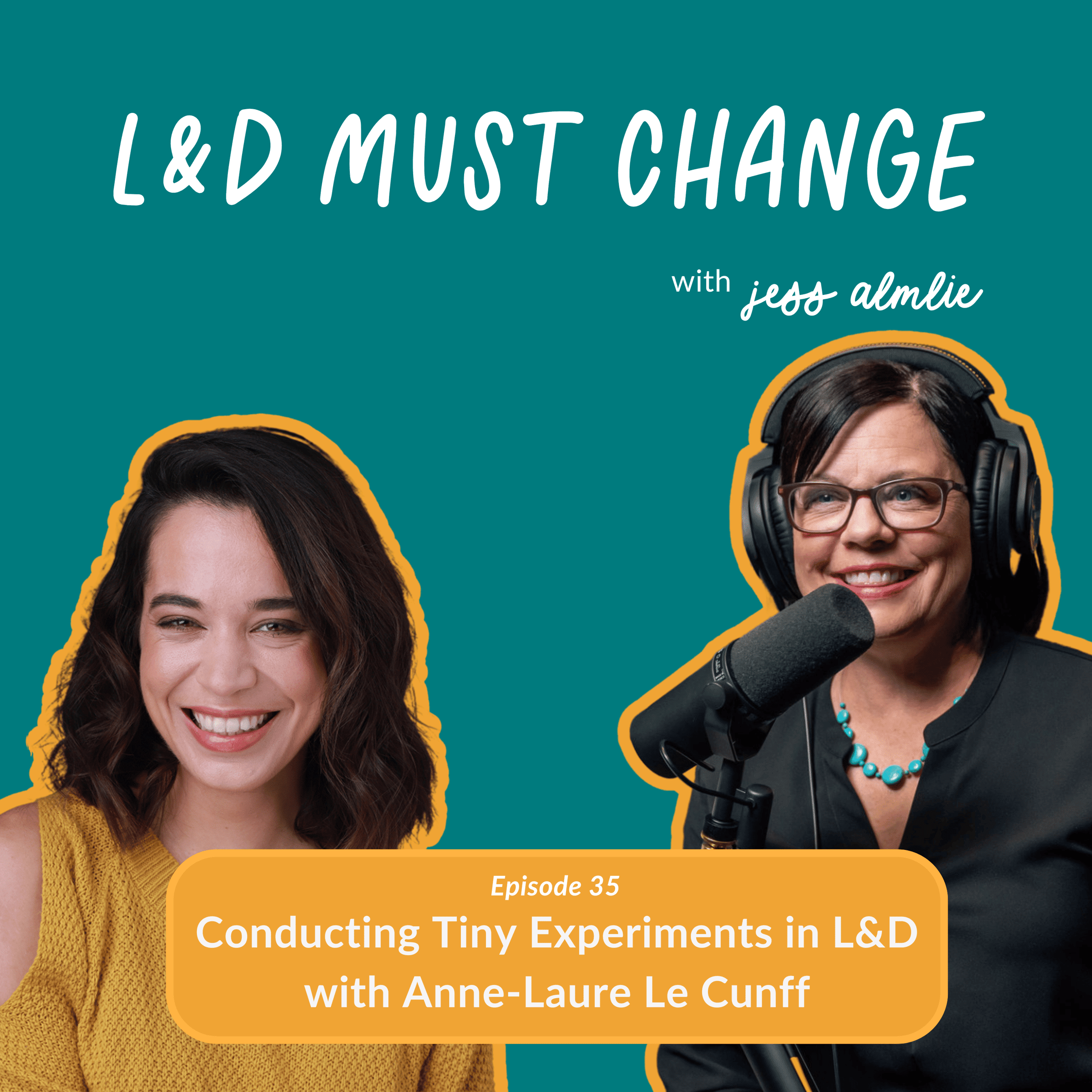|
“Think of the life you have lived until now as over and, as a dead man, see what’s left as a bonus and live it according to Nature. Love the hand that fate deals you and play it as your own, for what could be more fitting?”
– Marcus Aurelius
Ah, nothing beats a lazy weekend by the lake—I came back feeling totally recharged. Hope you’ve carved out a little “me time” lately, too! Funny how as I stack up birthdays, it’s the simple stuff—deep breaths, decent sleep, (mostly) healthy eats, and moving my body—that really makes the difference. The rest is just fine print.
Thanks for reading!
|
|
|
sponsored
How leading nonprofits build a lasting learning culture
At nonprofits, every hour and dollar count. That’s why training has to help people work smarter, adapt faster, and stay committed.
This guide shows how nonprofits can build a strong learning culture from within. You’ll find strategies, case examples, and tools that help nonprofit teams grow and make a real social impact, even with limited resources.
|
|
|
📰 News & Notes
Introducing the SME Interview Bot
The rundown
The SME Interview Bot by Dr. Philippa Hardman is an AI assistant that standardizes subject-matter expert (SME) interviews into a repeatable workflow. It prompts questions, logs artefacts, captures full transcripts and then auto-generates a dated Word, Excel or PDF deliverable with an executive summary, Q&A transcript and referenced materials.
The Context
Today, SME interviews are manual, uneven and time-intensive. You email questions, take ad-hoc notes and follow up on gaps—often ending up with inconsistent outputs and extra rounds of clarification.
Why it matters
AI-driven interviews ensure every key topic is covered (“consistency”), cut weeks of back-and-forth and manual write-up down to minutes (“speed”), and let L&D teams scale SME engagements without adding headcount (“scalability”)
How might standardizing SME interviews with AI free up your team to focus on higher-value L&D strategy rather than transcription and follow-up?
|
|
|
Research reports that work like you actually want
The rundown
Google’s Gemini Deep Research now turns static reports into five ready-to-use formats with one click: natural-sounding podcasts, interactive quizzes, shareable infographics, standalone web pages, and even custom apps. After your Deep Research analysis finishes, hit “Create” and instantly get an audio overview, a multiple-choice quiz, a clean infographic, a basic web page, or a filterable web app built around your data.
The Context
Most research reports gather digital dust. You run an analysis, download a long document, maybe skim it once—and then it’s forgotten. Today’s learners and stakeholders prefer bite-size audio, interactive checks, visual summaries, and tools they can play with. Deep Research’s one-click transforms bridge the gap between raw insight and real engagement.
Why it matters
By reshaping insights into formats people actually use, you boost content reach and retention. L&D teams can deliver podcasts for commute learning, quizzes for skill checks, infographics for quick briefs, and apps for hands-on exploration—without extra tools or dev time. This versatility ensures research drives action instead of becoming another unread PDF.
Which Deep Research format could you weave into your next training program to turn passive insights into active learning?
|
|
|
A No-Fear Guide to Presentation Slides That Shine
The rundown
In this recent ATD article, I walk you through building slides that look sharp, feel professional and actually help people learn. I show you how to pinpoint one big idea and storyboard it, structure your talk as a clear narrative (hook, problem, solution, takeaway), design each slide with bold visuals and a tight color palette, swap text walls for engaging visuals and simple animations, craft a dedicated handout, and deliver with confidence using tools like Presenter View and live-poll integrations.
The Context
I wrote this because so many presenters freeze up at the thought of creating a deck—then default to dense bullet lists and frantic last-minute tweaks that undermine both learning and presenter confidence. You need a repeatable process to turn ideas into audience-friendly slides, and this article gives you exactly that.
Why it matters
Slides should amplify your message, not compete with it. By following my roadmap, you’ll reduce cognitive load, boost audience engagement and save prep time—letting you focus on delivering transformative experiences instead of wrestling with PowerPoint.
Which step of this slide-building process will you tackle first to elevate your next presentation—and how will you tell if it worked?
|
|
|
sponsored
Create endless learning possibilities even with a small L&D team!
Imagine giving learners personalized, adaptive learning opportunities from any topic within your source content—instantly!
Using JoySuite’s AI Knowledge Assistant, you’ll help learners absorb the information more deeply with a conversational flow, keeping learners engaged with friendly, encouraging dialogue along the way.
Discover JoySuite’s AI Knowledge Assistant and other powerful features to help your team work smarter and learn faster, today.
|
|
|
🧰 Tech Tools & Tips
If tools are your jam, check out my Work Smarter newsletter.

StoryGraph
Track your reading and choose your next book based on your mood and your favorite topics.
|
|

Raindrop.io
An all-in-one bookmark manager designed to help you save, organize, & manage content
|
|
|
|
sponsored
Making the penny drop: creating training that works
Is your training helping people learn? Or is it just happening? During the free online workshop ‘Making the penny drop: creating training that works’ you’ll get introduced to the new GROWTH Training Improvement Model: an evidence-informed framework based on how people actually learn. Reflect on your current training, spot what’s (not) working, and get practical tools to improve right away.
Join aNewSpring on September 23 9:00–10:30 AM (ET).
|
|
|
🎧 Podcast of the Week
This is the conversation that caught my ear this week. Check out previous episodes in the Friday Finds podcast playlist.
Conducting "Tiny Experiments" in L&D
Neuroscientist Anne-Laure Le Cunff joins the L&D Must Change podcast to share how tiny, science-backed experiments can unlock learning, beat perfectionism, and turn curiosity into progress.
|
|

|
|
|
|
🧳 Where’s Mike?
- Central Ohio ATD Technology & Design Day
September 9, Columbus, OH
- ATD Core 4, September 29 - October 1, Orlando, FL
- Cincinnati ATD, October 8, Cincinnati, OH
- DevLearn, November 12-14, Las Vegas, NV
If you or your event needs a speaker or workshop that is highly interactive and super practical, we should talk.
|
|
|
Exit Through the Gift Shop
I wrote a book because apparently I have opinions now. " Think Like a Marketer, Train Like an L&D Pro" is for everyone tired of watching marketers effortlessly grab attention while we're over here begging people to care about compliance training. Available wherever you buy things to feel smarter than your coworkers. |
|
|
Like this newsletter? Share it with someone you love. Don’t like it? Share it with someone you don’t!
Friday Finds is an independent publication that I produce in my free time. You can support my work by sharing it with the world, booking an advertising spot, or buying me a coffee.
|
|
|